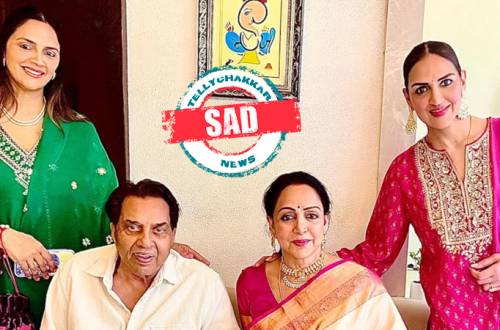
Cast: Al Pacino, Jennifer Garner, Annette Bening, Bobby Cannavale, Christopher Plummer, Josh Peck, Michael Caine, Melisa Benoist and Giselle Eisenberg
Director: Dan Fogelman
Rating: ***1/2
Released under the PVR Director's Rare banner, writer Dan Fogelman's maiden directorial venture "Danny Collins" is a fictional, melodramatic redemption story of an ageing rock star with an indulgent past. It is based on true incidents.
In 1971, British folk singer Steve Tilston, then 21 years old, was a promising talent on the scene. Unbeknown to him, John Lennon of the Beatles fame wrote a letter to him after he read Steve's interview in the now defunct music magazine ZigZag. Unfortunately, Steve received this letter 34 year later.
Similar to Steve's experience, the narration of this film takes off with Danny Collins (Al Pacino) being interviewed by the music magazine called Chime-M on June 30, 1971. He was featured in the magazine for being a creative genius on the road to stardom.
But over a period of time, Danny Collins is a disillusioned artist, playing to the gallery.
Forty years later, Danny Collins is now an ageing singer. He prances awkwardly in a lacklustre manner on stage crooning his signature song, "Hey baby doll". He still has his audience eating out of his hands, but deep within, he is a lost soul.
Midway through his tour which also happens to be his manager Frank's retirement plan, he receives the long lost inspirational letter from John Lennon, which was written forty years ago. Stunned, he abruptly cancels his tour, gives up on drugs and decides to discard his bohemian lifestyle. He emphatically tells his manager: "I've decided to make some changes in my life."
So making Woodcliff Lake Hilton in Jersey his base, he sets out to re-examine his life and songs. He charms his way into the lives of the hotel staff, manager and his estranged son, Tom's family.
Fogelman, who had earlier written "Crazy, Stupid Love" and "Tangled", has finely crafted "Danny Collins". Narrated in a linear mode, the screenplay is non-complicated, simple and schematic. While the first half indulges in Collins' extravagant lifestyle, it lays the foundation for an intense later half that delves into his personal life.
The characters are well etched and rounded and the dialogues are shrewdly witty and emotionally manipulative. The script is backed by ace performances.
The film truly belongs to Al Pacino. He is undisputedly a brilliant actor. He shines as the mature, lacklustre rockstar. He is intense, charismatic as well as creepy at the same time. It is his "never-give-up" attitude that makes his character endearing and adorable.
His lack of onscreen energy for a singer is camouflaged by his interpersonal histrionics -- be it the melodramatic father-son scenes or love interest dynamics with the hotel manager Mary Sinclair. The scenes elicit tears and chuckles from the audience.
Pacino is aptly supported by Annette Bening as the prim and proper professional Mary. Her strictly professional demeanour is not only fascinating, but also intriguing at the same time. She charms you with her smile when Danny keeps referring to her as a ""Dinner tease, for she keeps moving the goal post".
Bobby Cannavale as Tom Donelly, Pacino's son who he has never met, on the other hand, offers the right emotional balance to the otherwise playful script. His expressive performance as the understandably damaged character tugs at your heartstrings. Together with Jennifer Garner as his wife and Giselle Eisenberg as his hyperactive little daughter, they make an adorable family.
Music plays an integral part in the narration and John Lennon's works like "Imagine", "Working Class Hero" and "Beautiful Boy" are marvellously incorporated into the narration.
This film with high quality production values truly makes for fine viewing and should not be missed.
(Source: IANS)










Add new comment